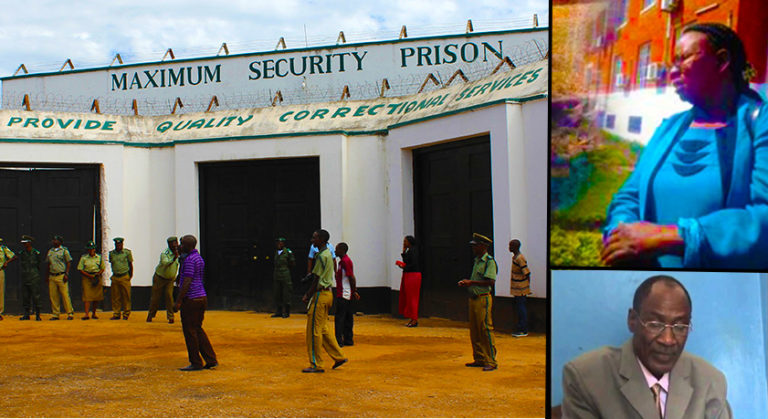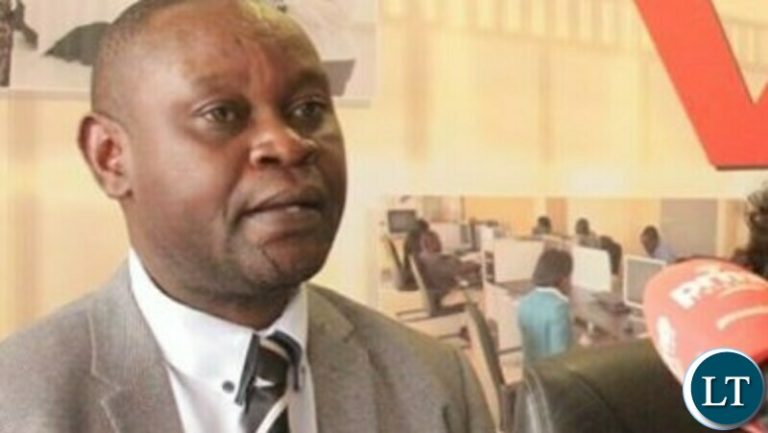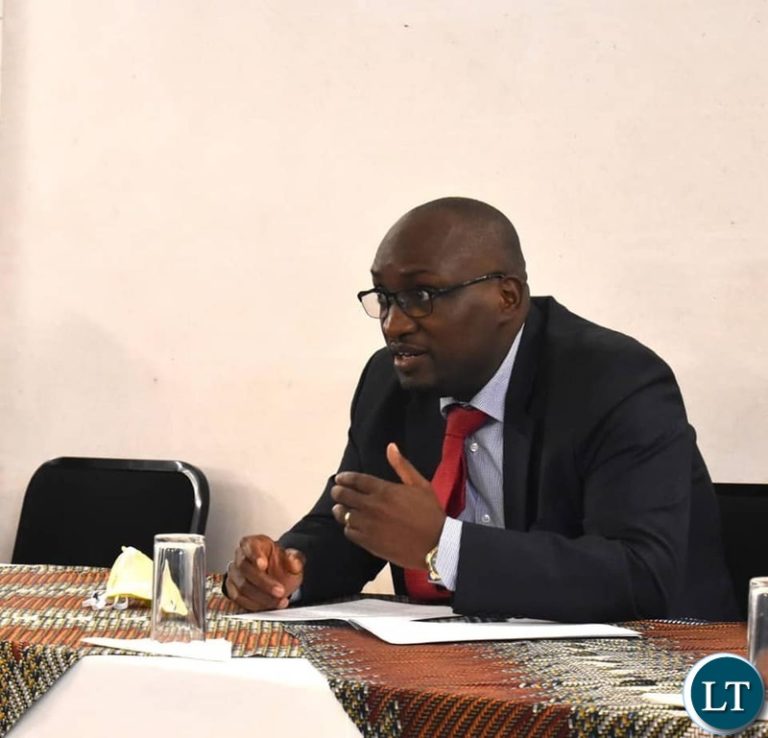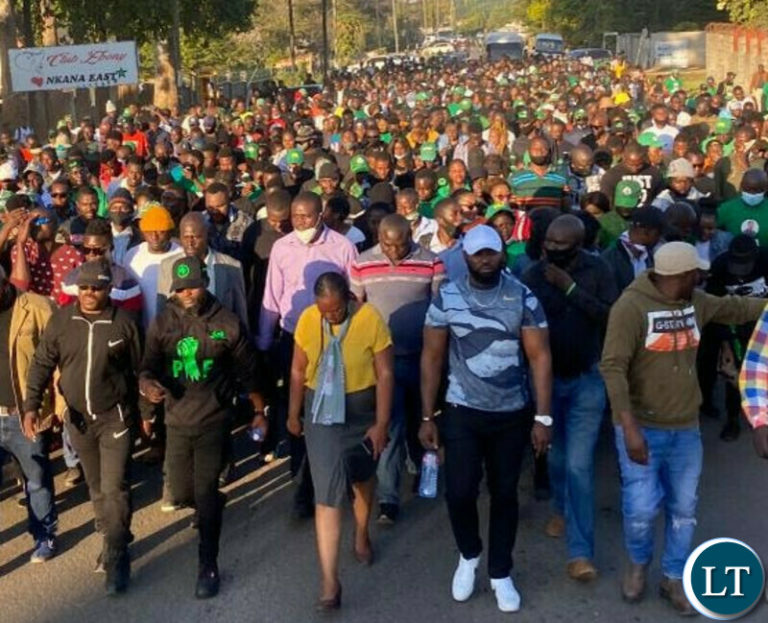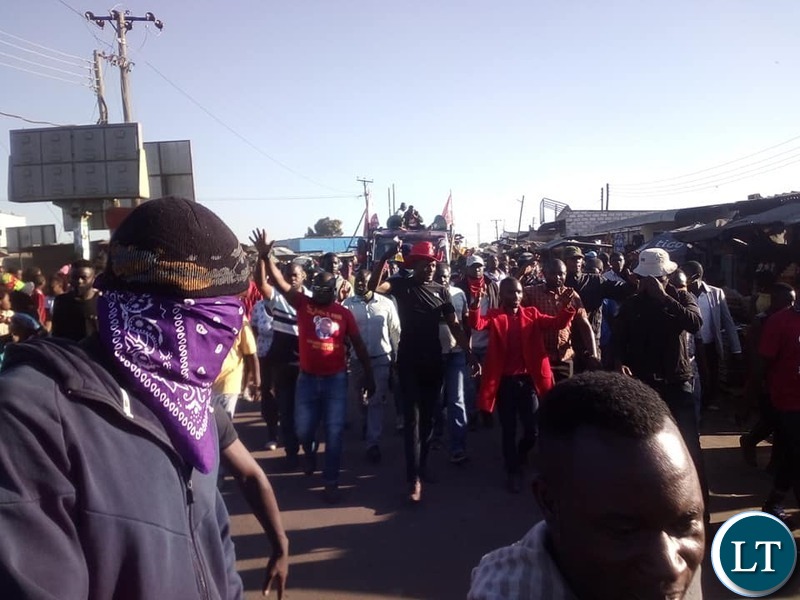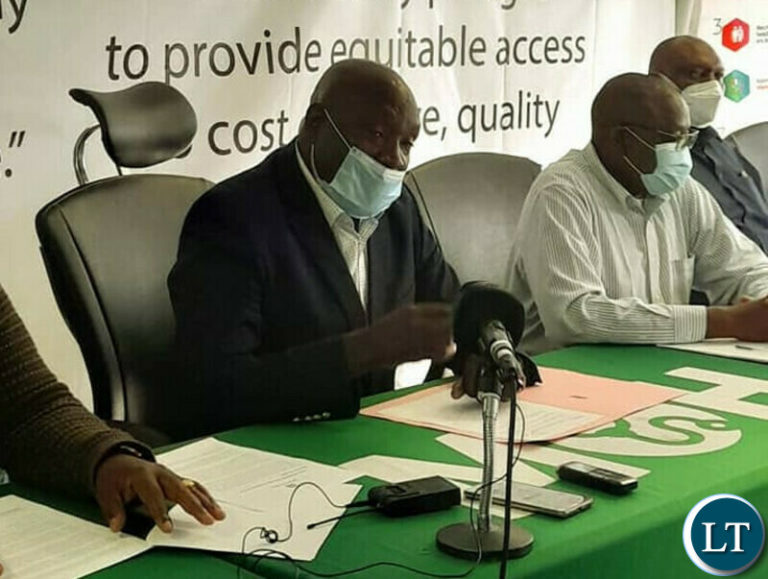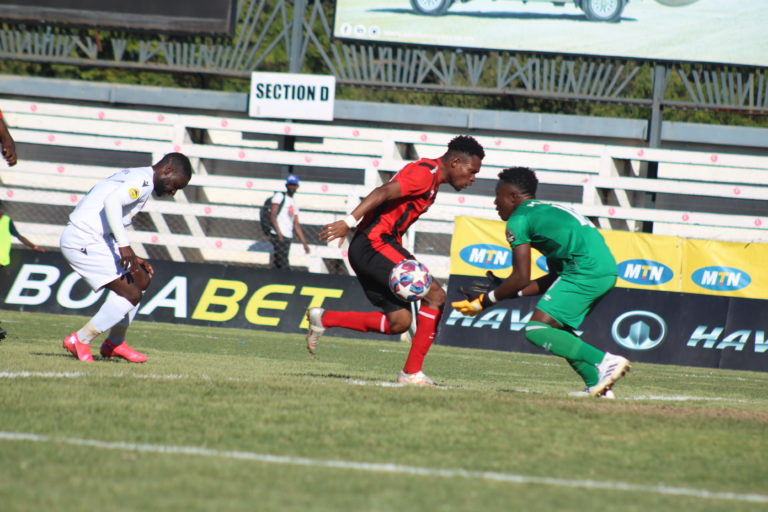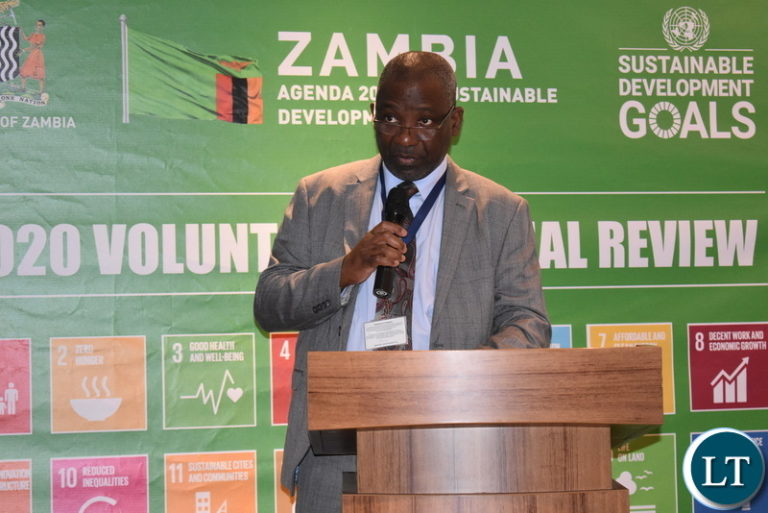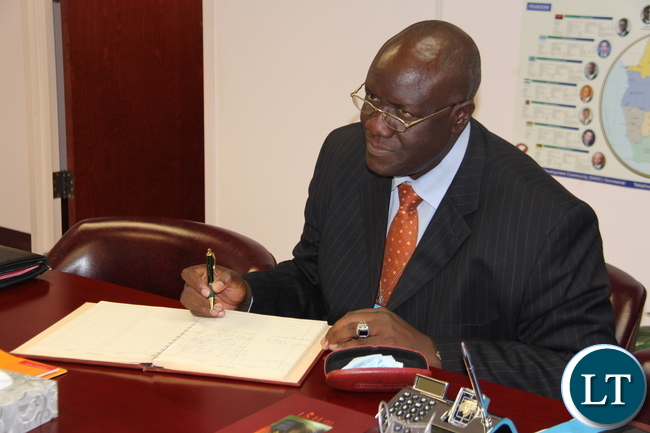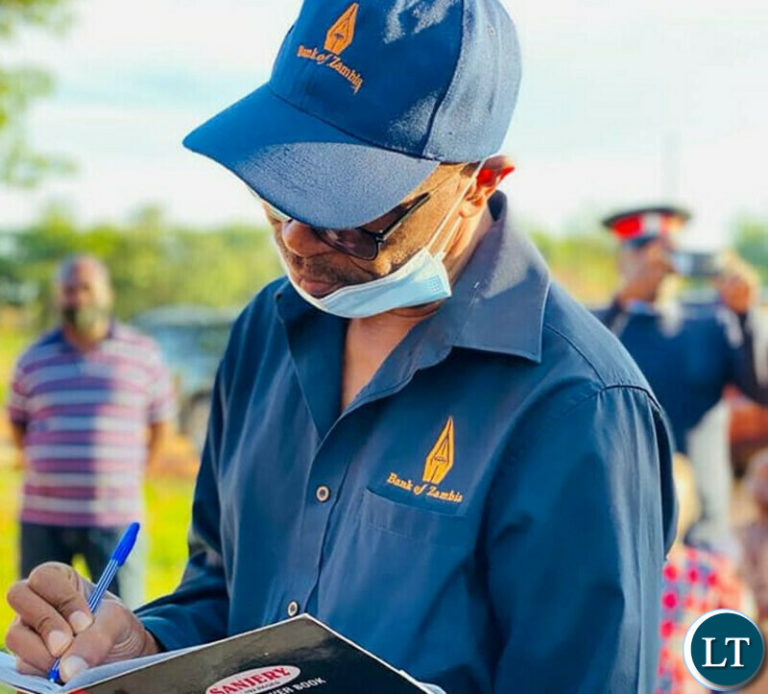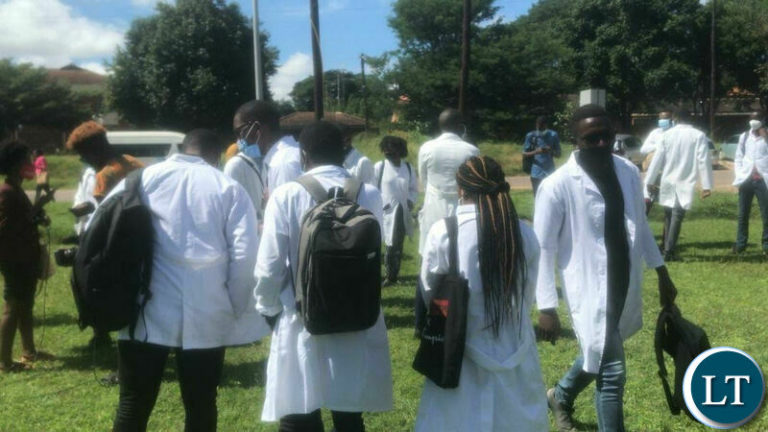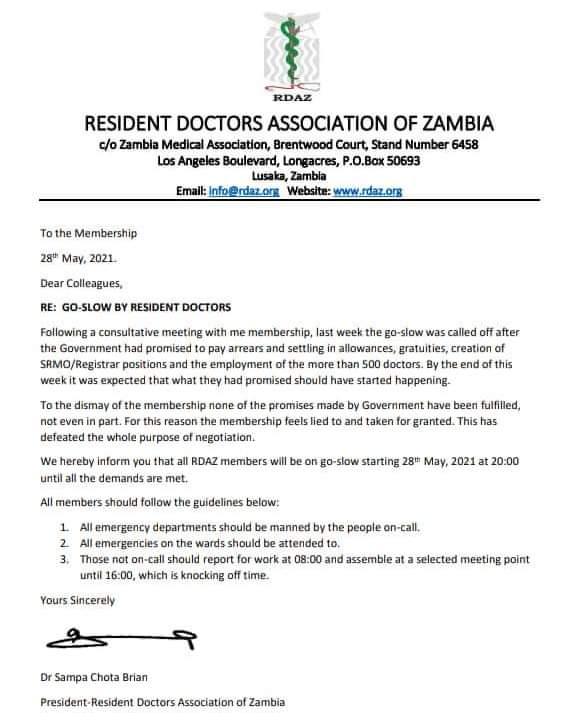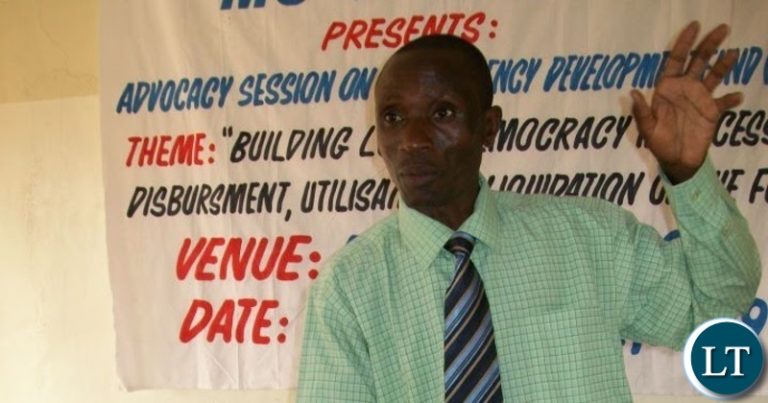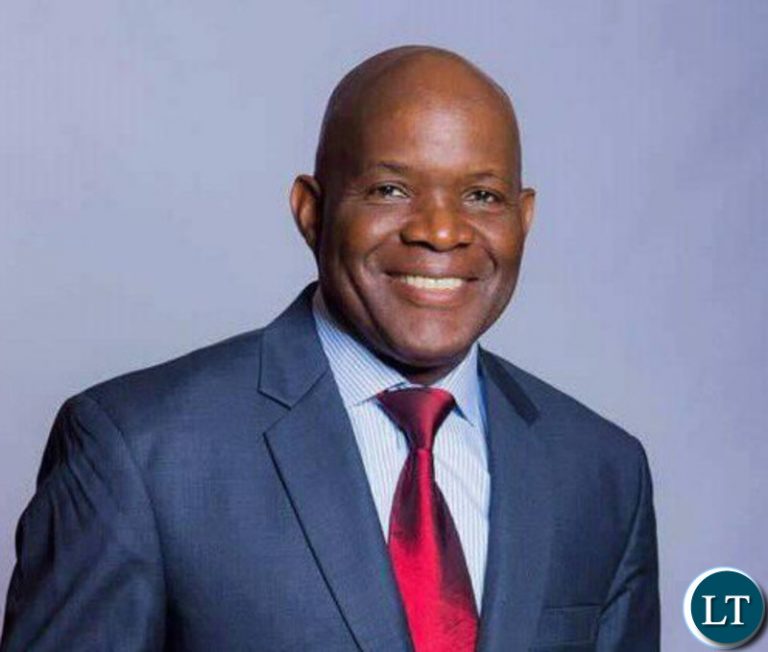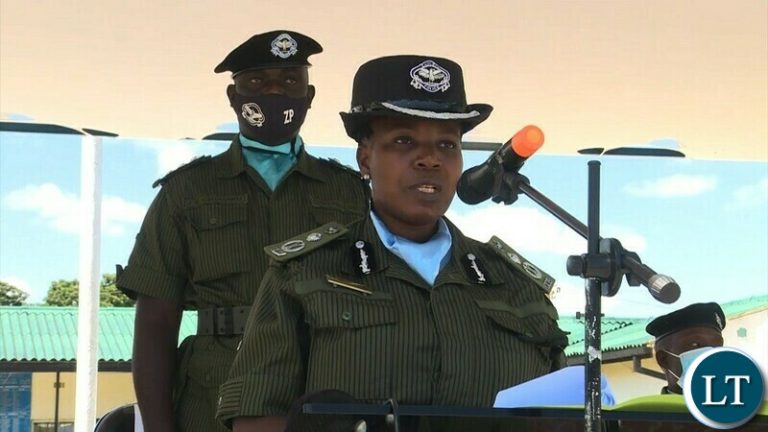GOVERNMENT has assured the Norwegian energy business community that it has introduced attractive policy measures that are favourable to companies that invest in the country’s energy sector.
Speaking in a speech delivered on his behalf by Director of Energy, Mr. Arnold Simwaba, Ministry of Energy Permanent Secretary, Mr. Danies Chisenda said that the Government has put in place an attractive policy environment through the revision of the National Energy Policy of 2019 and the review of legislation and regulations aimed at ensuring increased investments in the sector.
According to the statement released to the media by Nicky Shabolyo Counsellor Embassy of the Republic of Zambia in Sweden, this came to light on Wednesday during a virtual forum on investment opportunities in the Zambian energy sector organised by the Embassy of Zambia accredited to the Nordic region, in collaboration with the Norwegian-African Business Association (NABA).
The event held under the theme: Showcasing Zambia’s Investment Potential in the Energy Sector attracted 21 top energy companies operating in Norway. The aim of the forum was to foster economic cooperation through showcasing investment opportunities that exist in Zambia and to provide potential investors and the business community with information fundamental to how to invest in Zambia.
The Permanent Secretary assured the participants that Government remained committed to the provision of affordable and sustainable energy services hence the revision of the National Energy Policy, among other measures.
Standing at 2, 900 megawatts of national installed capacity, Mr. Chisenda pointed out that there was still enormous potential for investment in the energy sector to meet the country’s energy demand as well as that of the Southern African region, given Zambia’s strategic location in the centre of the SADC pool.
He added that main investment opportunities were in hydropower, solar, wind, petroleum, coal and biofuels energy sources.
The Permanent Secretary noted that rural areas and off- grid electricity space offered numerous opportunities for private developers to invest and supplement Government efforts of increasing electricity access rates.
And Zambia Development Agency (ZDA) Director-General, Mr. Mukula Makasa informed the participants that demand for electricity has been growing at an average rate of 3% per annum, mainly due to increased economic activity in the country, especially in the agriculture, manufacturing, and mining sectors.
Mr. Makasa pointed out that the country’s growing population has also led to an increase in demand for other sources of energy such as petroleum and solar energy for transportation and domestic use especially in rural areas.
Making a presentation on behalf of ZDA, Investment Officer, Ms. Tazizwa Mvula informed the participants that Government was advocating for a more diversified energy mix, particularly in the renewable energy sector.
Ms. Mvula further informed the participants that the Government of Zambia offered various incentives ranging from zero percent customs duty on capital equipment and machinery for a period of five years which can be extended, accelerated depreciation on capital equipment and machinery, and protection from nationalisation.
Meanwhile, two foreign companies operating in the Zambian energy sector have observed that the country has huge energy potential which could help improve the country’s social and economic standards if exploited.
Agualmara Chief Executive Officer, Mr. Kristian Haneberg told the Forum that despite challenges that included shortages of foreign exchange which led to delayed project completion, his company still believed that Zambia was well positioned to become a significant player in the energy industry on the African continent.
Africa GreenCo Chief Executive Officer, Ms. Ana Hajduka told the meeting that the benefits of investing in Zambia included the fact that the country was uniquely geographically located with connection to the Southern Africa Power Pool (SAPP) and the Eastern Africa Power Pool (EAPP), it had multiple other interconnections, abundant renewable energy potential and economic diplomacy benefits on regional scale.
Ms. Hajduka noted that Africa GreenCo was supporting Zambia’s vision to become a regional power trading hub pointing out that Zambia will benefit as this will harness the country’s renewable energy potential to drive economic growth at cheaper tariff and lower the fiscal burden. It will also contribute to the creation of a diversified energy mix and increase energy security.
She said that as a reliable and affordable seller of renewable energy, GreenCo sells power through long-term contracts to utilities and private buyers; it also executes shorter-term trades through the SAPP.
And Zambia’s Ambassador accredited to the Nordic and Baltic region, Her Excellency Ms. Rose Salukatula pointed out that the Embassy was delighted to have had a diversified group of major players in the Norwegian energy sector participating in the event.
The Ambassador added that the energy industry was one of the priority sectors that the Government of Zambia has, in line with its Seventh National Development Plan (7NDP), identified as one that had the potential to spur sustainable development across all other economic activities of the country.
Ambassador Salukatula advised the participants that they would be taking the right decision by making Zambia their next investment destination as the country had a wide range of business-friendly policies and was endowed with an abundance of natural resources that supported investment in the energy sector.
She assured the participants that the Embassy would remain open to engage entities or individuals in a more detailed approach on their specific areas of interest and facilitate linkages with the appropriate institutions in Zambia.
NABA Chief Executive Officer, Mr. Eivind Fjeldstad said his organisation was delighted to host the event with the Embassy and that he was positive that this would open up avenues through which business entities could collaborate.


